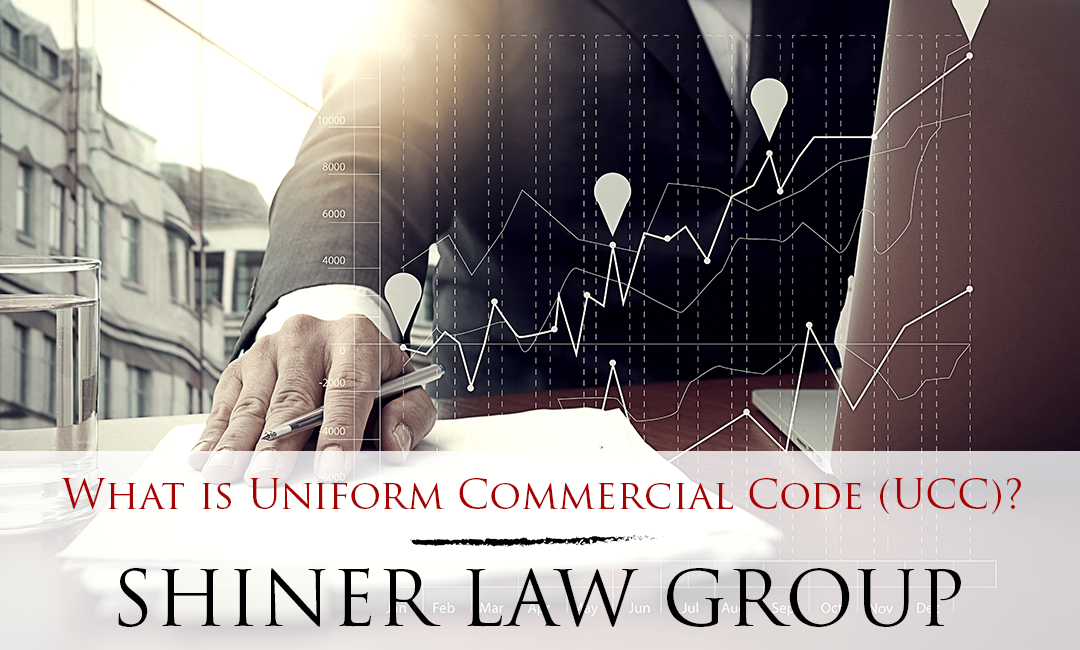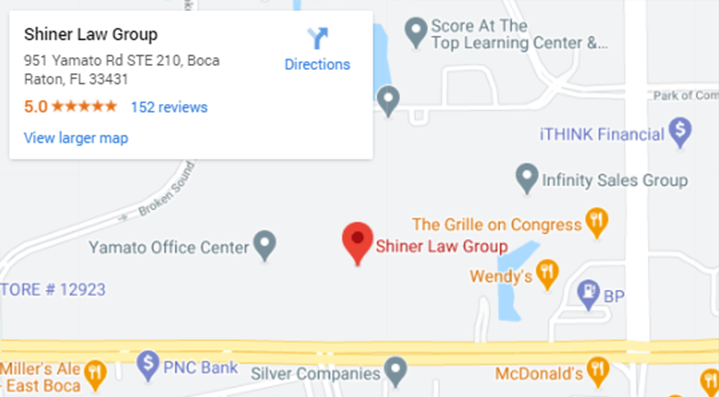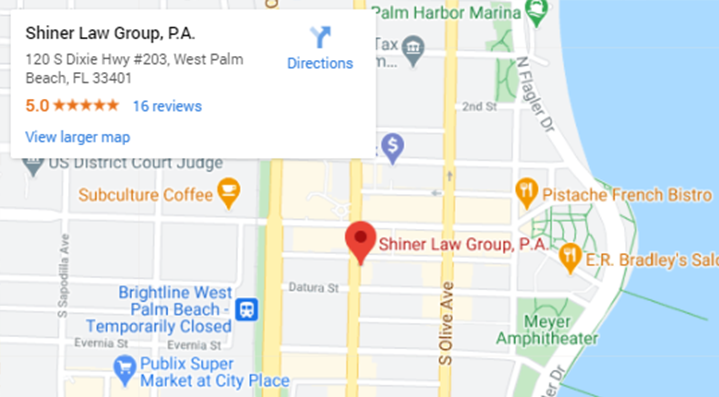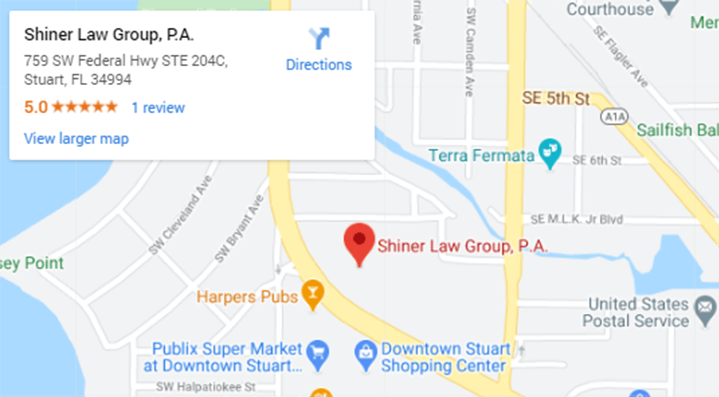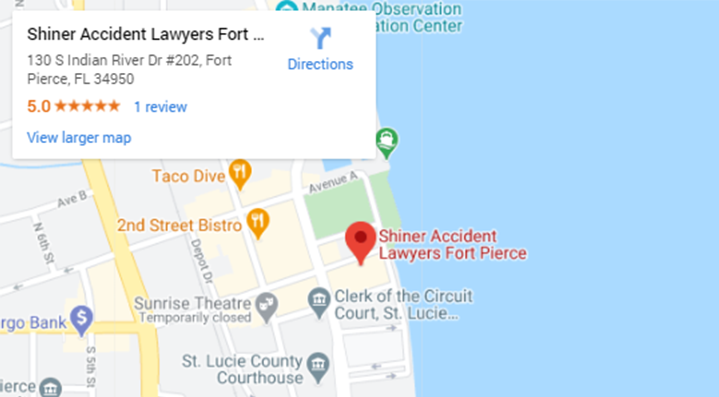What is Uniform Commercial Code (UCC)?
The Uniform Commercial Code (UCC) is a standardized set of business laws that has been laid for the regulation of financial contracts. It has been fully adopted by most states in the US including Florida.
The UCC has 9 different articles and each one deals with a different aspect of loans and banking. The UCC laws were created and are maintained by NCCUSL (The National Conference of Commissioners on Uniform State Laws)—a non-profit organization.
9 Sections of the UCC
Here is a list of the 9 sections of the Uniform Commercial Code:
- Article 1: General Provisions
- Article 2: Sales and Leases
- Article 3: Negotiable Instruments`
- Article 4: Bank deposits
- Article 5: Letters of credit
- Article 6: Bulk sales, asset liquidation and auction
- Article 7: Warehouse receipts, lading bills, and other documents of title
- Article 8: Investment securities
- Article 9: Secured transactions
How Does the UCC Apply to Interstate Business Transactions?
The UCC laws are predominantly focused on the activities of entrepreneurs and small business owners. These laws are intended to clear up the confusion over how each state regulates such operations separately. These codes basically impose standards for check processing and other commercial paper types. Also, the UCC laws are applied to properties secured by a bank. These are properties where the title is held by the bank until the borrower or debtor successfully pays off the financing balance.
If your company engages in business transactions outside of your home state then you must strictly abide by and comply with the UCC laws.
What is a UCC-1 Financing Statement?
When personal property like inventory, equipment or any other tangible business asset is put as collateral for borrowing then a UCC-1 statement is prepared, filed and signed. This is also called ‘perfecting the security interest’.
The UCC-1 statement is signed by both sides. Once it is filed, it creates a lien against the property, thereby preventing the borrower from selling the property without paying the debt. They need to pay off the debt before selling the property as they like.
Elements of a UCC-1 Statement
The most important elements of the UCC-1 Statement are:
- Address and name of the debtor/debtors
- Address and name of the secured party
- Information regarding the collateral. Collateral is the property that is pledged against the loan
What Type of UCC Filings Can Be Placed on By Lenders?
UCC filings can be placed on many things. However, mostly lenders plan UCC filings on property, or any other business asset. So if the debtor/borrower fails to pay off the debt, the lender can seize cash from the borrower’s bank account and even force the sale of the borrower’s business assets.
Here it is important to note that the lender/judgment creditor can’t take the borrower’s personal property as it is legally exempt. Furthermore, UCC filings have a 5-year active lien rule, which means they can come back to haunt the borrower even if they have paid their bills diligently. So, it is very important to ensure that once the debt obligations are paid in full, the lender terminates the lien so that it closes up a financing arrangement. If UCC lien filing is not properly managed, it could delay and even flat out deny your ability to obtain higher quality forms of business financing.
In other words, borrowers who want to continue to expand their business credit profile, they must continuously monitor the presence of UCC filings on their debt, regardless of current or not.
In other words, the UCC-1 statement protects the lenders’ interests in case the borrower defaults or gets bankrupt. In such a situation, assets kept as collateral will be seized, foreclosed and sold off.
How Does UCC Affect My Business?
UCC 1 liens can affect your business negatively. As mentioned above if they are not properly managed, they can lower or deny your ability to obtain higher quality forms of business financing. This usually happens because a UCC filing on the business credit report indicates to lenders that your business is not financially stable.
Even if you paid your debt obligation in full, the UCC-1 will stay on your report for years if the lender doesn’t terminate the lien. This can have a negative impact on your business as even when you’re closing up a financial arrangement, you could receive a denial or delay at the last minute due to the active existence of previous UCC-1 liens. Therefore, it’s important that you get them removed.
To get previous UCC-1 liens removed and terminated, it can usually take about 1 to 6 weeks. Therefore, when doing so, make sure that you don’t close your financing arrangement during that time as it lead to a flat denial. Once the UCC-1 liens are finalized and closed then go ahead.
It is recommended to show due diligence before you apply for more financing so that you don’t have UCC-1 filings still active for debt obligations that you have already paid for. This can otherwise hurt your credit image. And that is definitely something you don’t want. Remember, your ability to expand your business on credit profile depends a lot on how your business looks in the eyes of your lenders.
Why Hire a Lawyer
Sometimes, dispute may arise pertaining to UCC laws and contracts. This is when hiring a lawyer makes sense. A lawyer can provide you with quality guidance and information regarding your rights and defenses, and help you navigate your way out of the dispute amicably.

